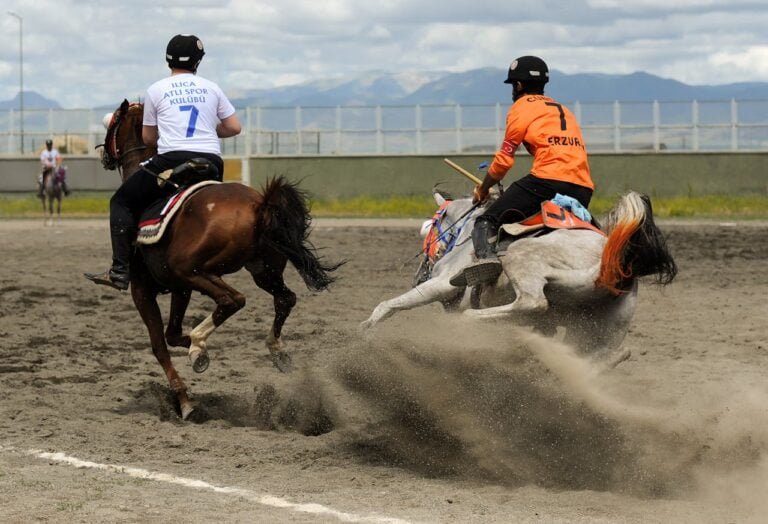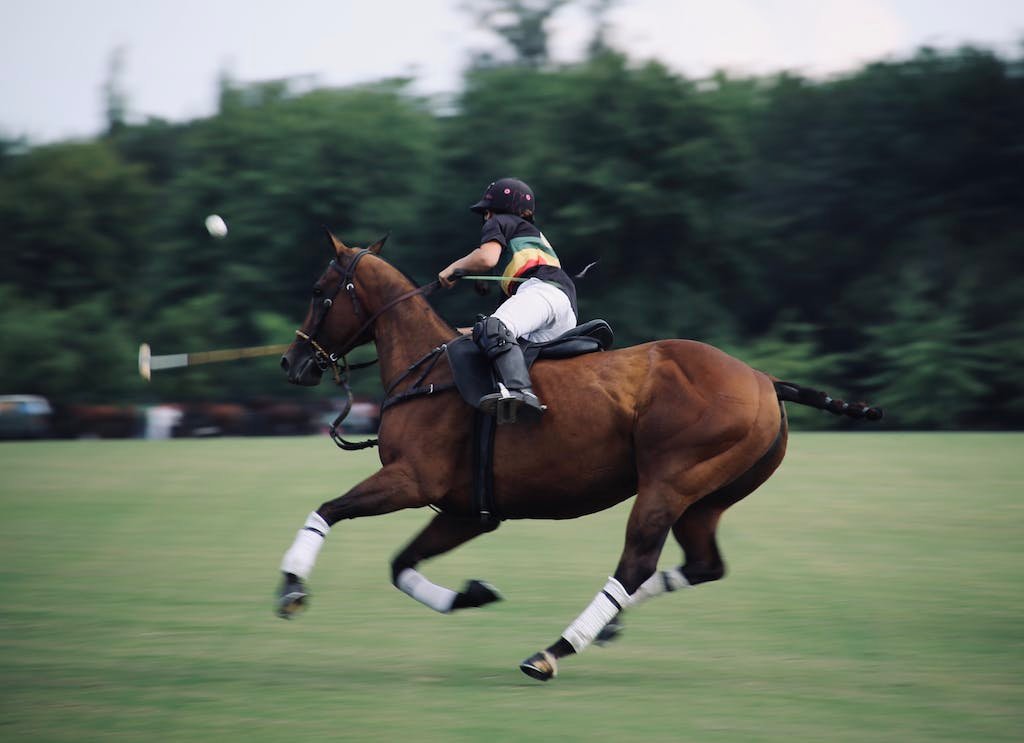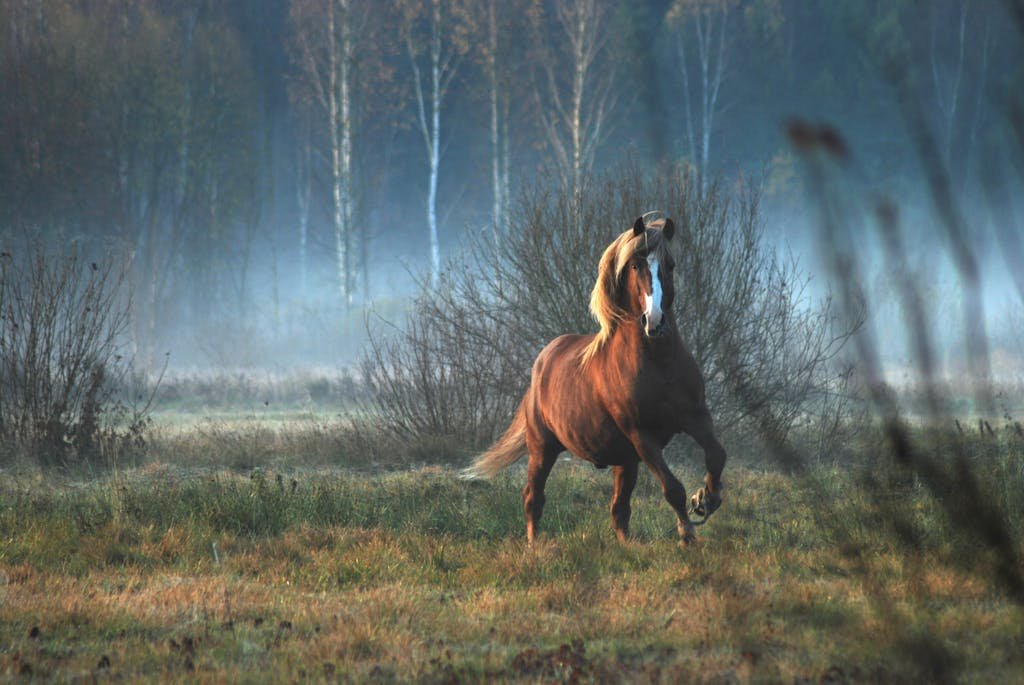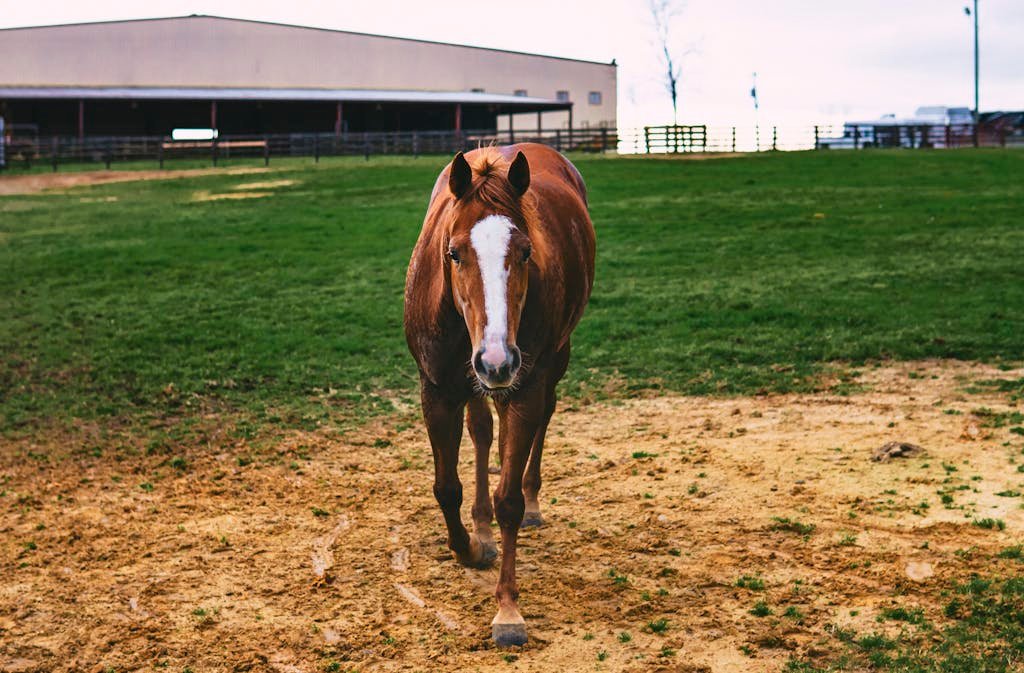Why Is Horse Racing Cruel?

Why Is Horse Racing Cruel?
There’s a reason why horse racing is often called the “sport of kings.” It’s an expensive and elite hobby that requires ample land and resources. And while some might argue that horse racing is a tradition dating back centuries, the truth is that it’s nothing more than a brutal blood sport. Here are just a few reasons why horse racing should be banned.
It’s Cruel to the Horses
Like dogs and other animals in racing, horses are treated like nothing more than disposable assets. More than 70 percent of them are considered “breed stock,” meaning they’re used for breeding purposes only after their valuable racing careers–which can be as short as three years, at times–are over. The rest are “raced,” usually at distances of one to two miles, and the consequences for even the slightest misstep or disobedience often result in their immediate disqualification or death.
It’s been reported that more than 12,000 horses have died on American racetracks since 1990. An average of 28 horses die each week.
Thoroughbreds are forced to run faster than full speed for extended periods while wearing an artificial device called a racing plate, which is nailed or glued onto the bottom of their hooves. This often results in injuries, including fractured ankles and legs. It’s not uncommon for horses to become so crippled by these devices that they’re unable to stand.
What’s more, many jockeys use illegal drugs like cocaine and steroids to keep their horses artificially stimulated during races. The horses are also given anesthetics before every race so that they’ll be too drugged out to feel pain if they break a leg or run full speed into the railings surrounding the track.
It’s Cruel to the Riders
Horse racing is one of the most dangerous sports globally, period. It’s widely understood that there’s more than a 1-in-20 chance that a jockey will be seriously injured during their career–and more than a 1-in-5 chance that they’ll be killed.
The industry works very hard to keep the public from learning exactly how often jockeys are injured, though, which is why it’s estimated that racetracks report about 70 percent of all broken bones and other serious injuries.
It’s also estimated that anywhere from 20 to 25 percent of professional riders suffer from drug addictions. More than two-thirds of them have used cocaine at some point in their careers, most often to stay alert during races.
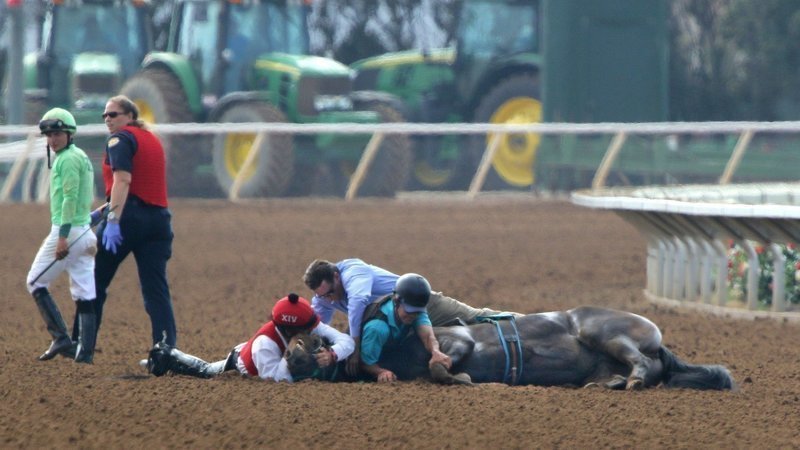
It’s Not Even Good for the Horses’ Health
In addition to Horse Racing beting is cruel and dangerous for jockeys and horses alike, horse racing is also harmful to the environment. It’s an industry fueled by fossil fuels, for one thing. The transportation of thoroughbreds to and from tracks is also dangerous for the environment, as are the emissions coming out of all those vehicles on race day.
Horse racing can also be harmful to spectators–most notably when it comes to transmitting Equine Infectious Anemia (EIA). It’s a deadly disease that can be carried by all horses, even if their blood tests come back clean. That makes the movement of horses from track to track–and country to country–dangerous.
It Kills Innocent Animals
In addition to the economic and physical tolls it takes on horses, it also takes a heavy toll on other animals. PETA notes that many of the bulls and roosters used in cockfighting are bred for their “spectacular plumage,” only to end up at the slaughterhouse when they’re no longer deemed profitable. And wild or exotic animals too often suffer from cruel training techniques when they’re used as props during racing events.
It’s Bad for Humans
Horse racing is bad for human health, too. That’s because it encourages people to bet on outcomes they can’t control, which are influenced by factors like the weather and jockey performance (which isn’t always completely clean or legal, as noted above). It also encourages gambling addiction, which is costly for both the gambler and society.
It’s Often Predatory
Horse racing is often predatory on the marginalized members of our society. Because racetrack owners are willing to support violent crime to keep betting money coming in, horses are frequently stolen from people who don’t have enough resources to protect them. Horse racing is often accused of supporting organized crime, and that can be very dangerous for law-abiding citizens.
Gambling on horse races has resulted in many people losing everything they own. The American Society for the Prevention of Cruelty to Animals (ASPCA) reports that greater than 95 percent of all horses that become unwanted, abandoned, or abused were once raced.
It’s Bad for the Economy
Horse racing isn’t just bad news for animals and humans–it’s also bad news for the economy. That’s because the industry has plenty of lobbying power in Washington, but it doesn’t see fit to use any of that influence to support legislation that’s good for the planet.
Horse racing also contributes to overpopulation in areas where horses aren’t welcome. For example, racetracks have been found dumping their horses on Native American reservations–where they promptly out-number the land’s resources and starve to death. And some of these same tracks ship their horses off to Canada or Mexico, where horse meat is legal.
The industry also has a significant impact on the economy because of all the jobs it’s responsible for–but most of these are low-paying, backbreaking positions that fail to provide adequate access to healthcare for many employees. This harms not only workers but their families as well.
Money Takes From the Poor is Wasteful.
Horse racing can be harmful to those who participate in it as well. Some jockeys engage in abusive training techniques; others don’t follow the proper diet and weight-loss regimes. This puts these individuals at risk for injury and illness and warps their image of what it means to be a successful person.
You’ll also see many jockeys who are under the legal age of 18, which puts them at risk for developing health problems that will last well into adulthood. And some horses are killed during races–and some just because they’re no longer “useful” to the racetrack.
It’s a Losing Proposition for the Environment
Horse racing is also bad for the environment. For one thing, it causes pollution from all of those gas-guzzling trailers that transport horses from track to track. And it contributes to climate change–which can have other harmful effects beyond just killing horses and other animals.
As mentioned earlier, the transportation of horses also contributes to overpopulation in areas where they’re not welcome. And some tracks allow even more damage by expanding into protected lands and developing them without regard for the consequences to local ecosystems. Horses are sometimes released into these areas after their racing days are over–which can be a death sentence because they aren’t equipped to survive in the wild.
What Can You Do Instead of Supporting Horse Racing?
Fortunately, there are plenty of ways that you can support animals without harming them–and racing is just one example. If you want to have a pet but don’t have access to a horse, consider getting a dog or cat from an animal shelter. You can also support wildlife conservation organizations that protect some of the most endangered species on Earth, including gorillas and elephants, zoos, and sanctuaries for farm animals.
If you don’t want to support horse racing but still like the idea of gambling, consider playing online bingo or poker instead–you’ll be doing your part to help a breed of animal that makes much better companions and doesn’t tear up the environment. And if you like the thrill of betting, consider playing fantasy football or basketball instead–both activities can give you and your friends a chance to put some bucks on the line without having an impact on any other living creature besides yourselves!

